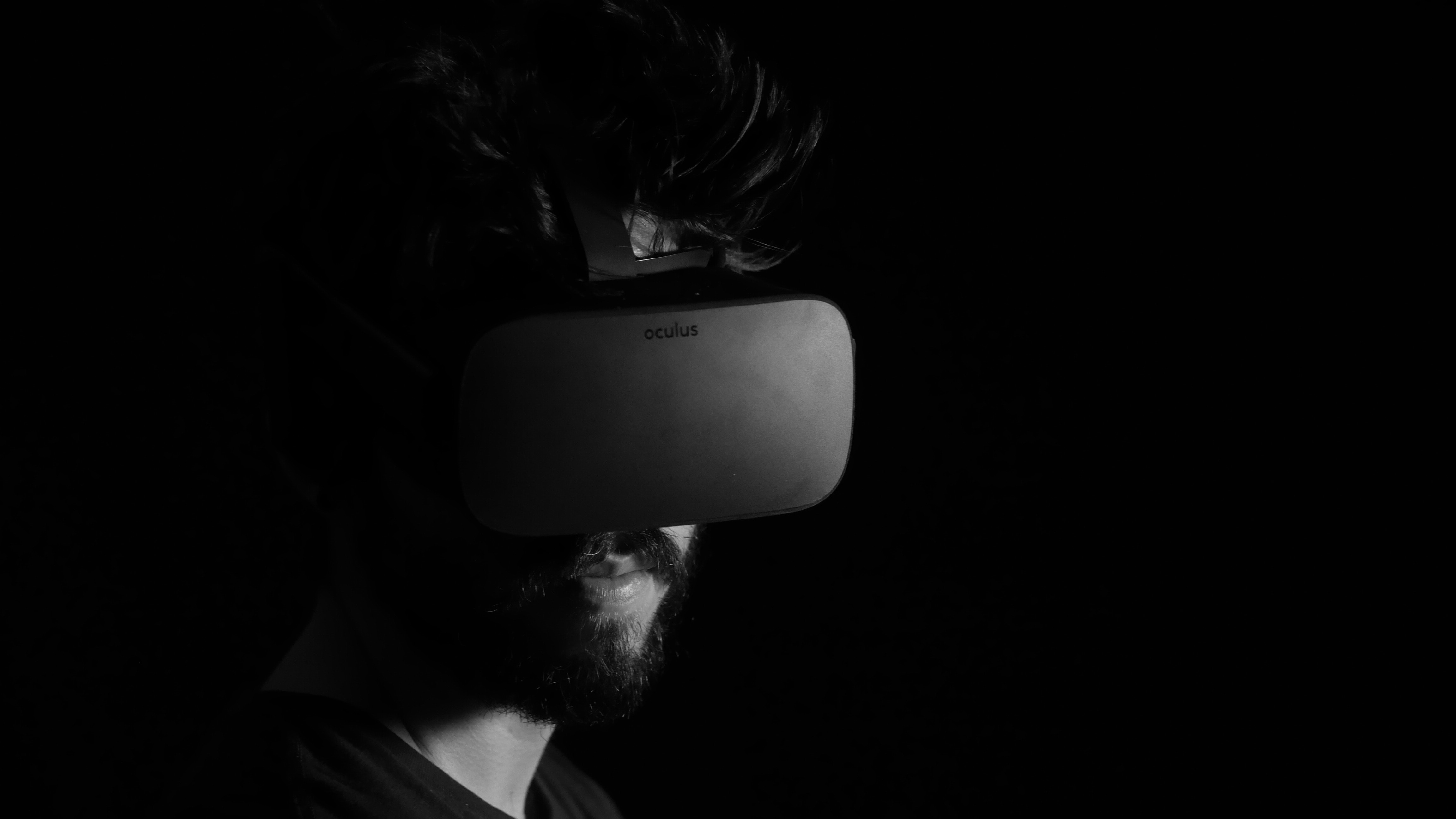
Are you ready for it?
The future is always arriving.
Consider that statement. The future isn’t a far distant thing. It’s already here. The future is always arriving. This is true for social networks and social media too.
And just where is the winds of change blowing? Consider one recent development:
- There’s political appetite to break up Facebook
- The cryptocurrency market now has a market cap of hundreds of billions of dollars, with Bitcoin alone being worth $125 billion
- Facebook’s own cryptocurrency, Libra, faces trouble due to regulatory concerns
What does this have to do with the decentralization of social networks?
As the FAANG companies have pressed for more and more centralization of the Internet, the pendulum is now drastically swinging the other way. There’s too many concerns over privacy, platform privilege, and monopoly power for the status quo of the Internet to be maintained.
Decentralization is now happening. Pandora is out of the box. Not only is digital currency going to be decentralized, not only will social networks be decentralized, but the entire web will soon be decentralized too.
This move towards decentralization is not just due to political will. There are real development reasons for the shift.
The next evolution of the mobile web
Mobile demands more and more optimizations, more API calls, more remote storage. This puts stress on monolithic CMS platforms that use LAMP stacks such as WordPress. In fact, this is a large reason Gatsby just raised $15M in funding.
Users who depend on smartphones care less and less about visiting websites. They care more and more about receiving data to their devices as efficiently as possible. Website owners therefore have a hard choice:
- Send even more of their data through someone else’s APIs, ceding more control to whoever owns the content delivery networks or services
- Distribute data peer-to-peer on an “as needed” basis, giving authorization through private tokens and keys
Website owners, content producers, and developers should be skeptical about using someone else’s APIs. History shows that whoever owns APIs tends to abuse them to gain a competitive advantage. This is especially true for the social media industry.
Blockchain, on the other hand, has now proven that data can be distributed through relationships of trust on a mass scale. More importantly, no one owns the distribution channels of this data. Peer-to-peer is now ready for our most critical applications.

Death to rectangles (but not privacy)!
The truth is that we’re already well over a decade through the emergence of the mobile web, yet migration from desktop to mobile experiences is still a work in progress — even as that’s how most of the world now views the Internet.
How will we all therefore adjust when VR/AR/MR/XR devices finally reach the tipping point of mass adoption? For one, we’ll soon have to stop assuming that everything will be viewed through some variation of a rectangle. Our gaze will no longer be held prisoner to screens.
This will ultimately mean even more dependence on APIs in order to deliver data to an ever wider variety of viewing experiences. Website owners, content producers, and developers will once again have to choose between the Big Data industry or going peer-to-peer.
And while users may be tolerant of being tracked while they’re using their laptops and smartphones, this is unlikely to be the case for VR/AR/MR/XR devices. Privacy will be an even bigger concern, as will be matters concerning data ownership, identity, and encryption.
It’s at this juncture that we must ask if social networks like Facebook and Twitter are sustainable. After all, when we typically interact one-on-one with a human being, we have some expectation of privacy. Do we really want surveillance in our flesh-and-blood lives?
Peer-to-peer interactions won’t just be a nice option. It will be a requirement.

Is our heads in the Cloud, or are we thinking DEEP?
What I’m talking about might seem far off in the future. But remember, the future is always arriving.
Governments have an ever-growing appetite to break up big tech even while the market for cryptocurrency grows. The mobile web demands efficient and optimized delivery of data. VR/AR/MR/XR will rely on more APIs even as users demand more privacy.
Social media professionals should therefore concern themselves less with centralization built for the cloud, and more towards DEEP principles. Just what is DEEP? It is:
- Decentralization
- Encryption
- Event-driven
- Peer-to-peer
Decentralization will happen because more mission-critical applications (such as banking) will demand it. More communications require encryption. Events give a receipt of data’s utility and activity. Peer-to-peer will be mandatory for establishing relationships of trust.
Right now, no mainstream social network is built upon decentralization — never mind DEEP principles. In fact, most of them are built for monetizing our personal data through user tracking. It’s actually the reason Facebook exists, and they’re resisting the shift towards decentralization with all their might.
But decentralized social networks are coming. Are we ready for it?
Remember, the future is always arriving.

